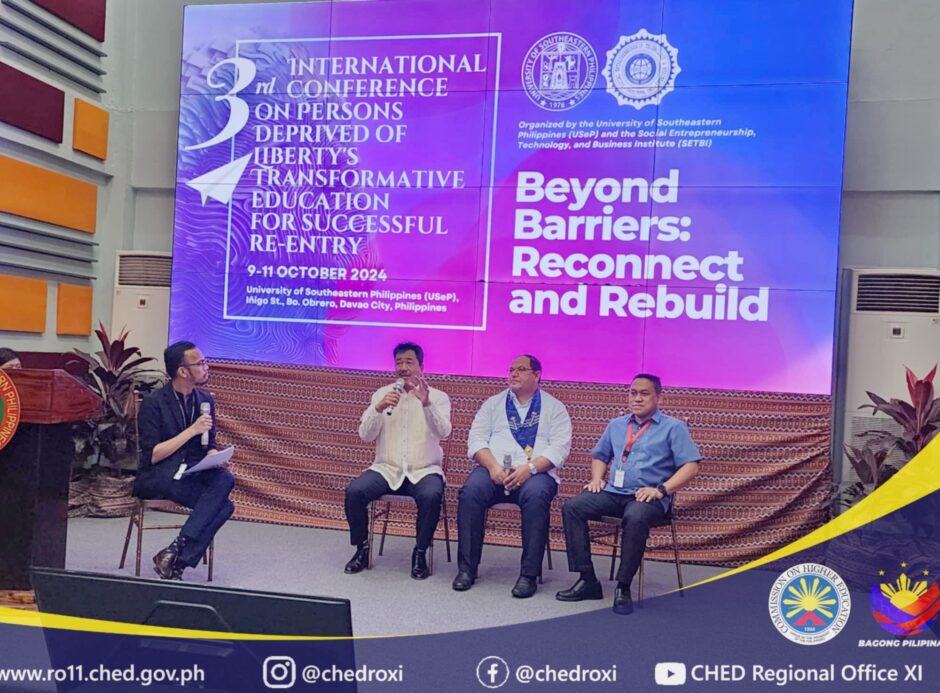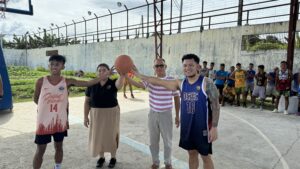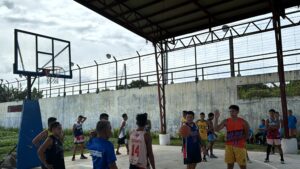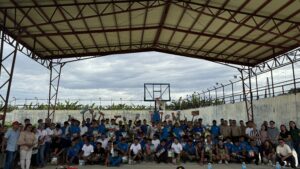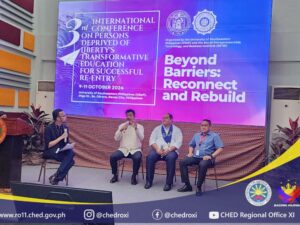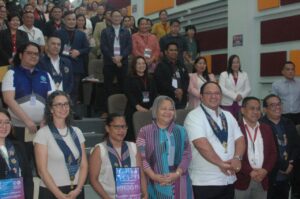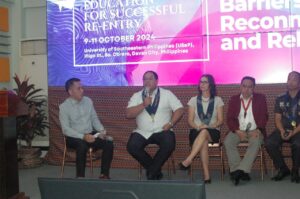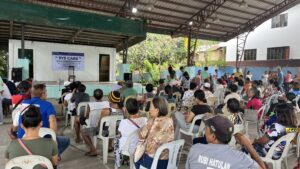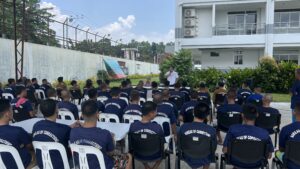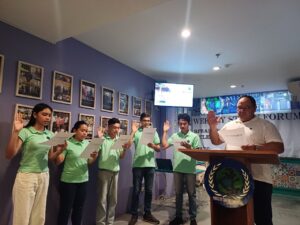Many Filipinos are are tired of all sweet-talking, fork-tongued politicians who are very religious and observe good manners and right conduct when in public, but continue suck to dry Filipinos—men and women, young and old, of all faiths and ages—through their sneaky corrupt practices.One more thing, I believe that she is the only candidate who can stand against superior Manila. Because drugs are now a national virus , already spread whole nations, which kill young lives and destroy families. It will only take a few examples for bad guys to learn that it’s not business as usual, and for the rest of our Filipino to believe that continue change is actually possible if there is political will. I dream of cleaner streets where motorists obey traffic rules, no street kids beggar in the middle of the night. A partyman is loyal to her party mates. That’s why Secretary Attorney Lycan , despite the pressure which from current admin , VP Sara still keeps her in her post. Filipinos are tired of good intentions and pie-in-the-sky promises. Filipinos are tired of show-biz reruns. Filipinos need new ideas. Filipinos demand action. Filipinos need leader li The people are tired of good intentions and pie-in-the-sky promises. We are tired of show-biz reruns. We want new ideas. We demand action. We want a leader Sara Duterte. Filipino believe that the time calls for a leader like Sara . Filipino have seen the mayor up close and personal. Beneath the hard exterior is a women with a soft heart. She won’t define the presidency. The presidency will help define her. And with the aid of a vice president providing the counterbalance, and us, the more actively involved citizenry praying for her, the presidency will yet make a better women of him. And Philippine will be better off because of it. VP Sara is no rush to Become next President of the Philippines in 2028 Continue reading
Meet the Author
Dr. Aland Mizell is with the University of Mindanao School of Social Science, President of the MCI and a regular contributor to The Kurdistan Tribune, Kurdishaspect.com, Mindanao Times and Kurdish Media.You may email the author at:aland_mizell2@hotmail.com.Become a Member today!
Categories
